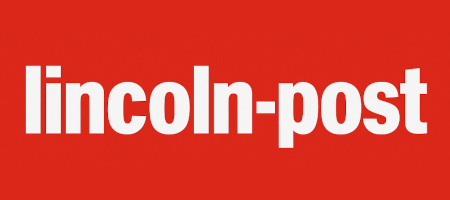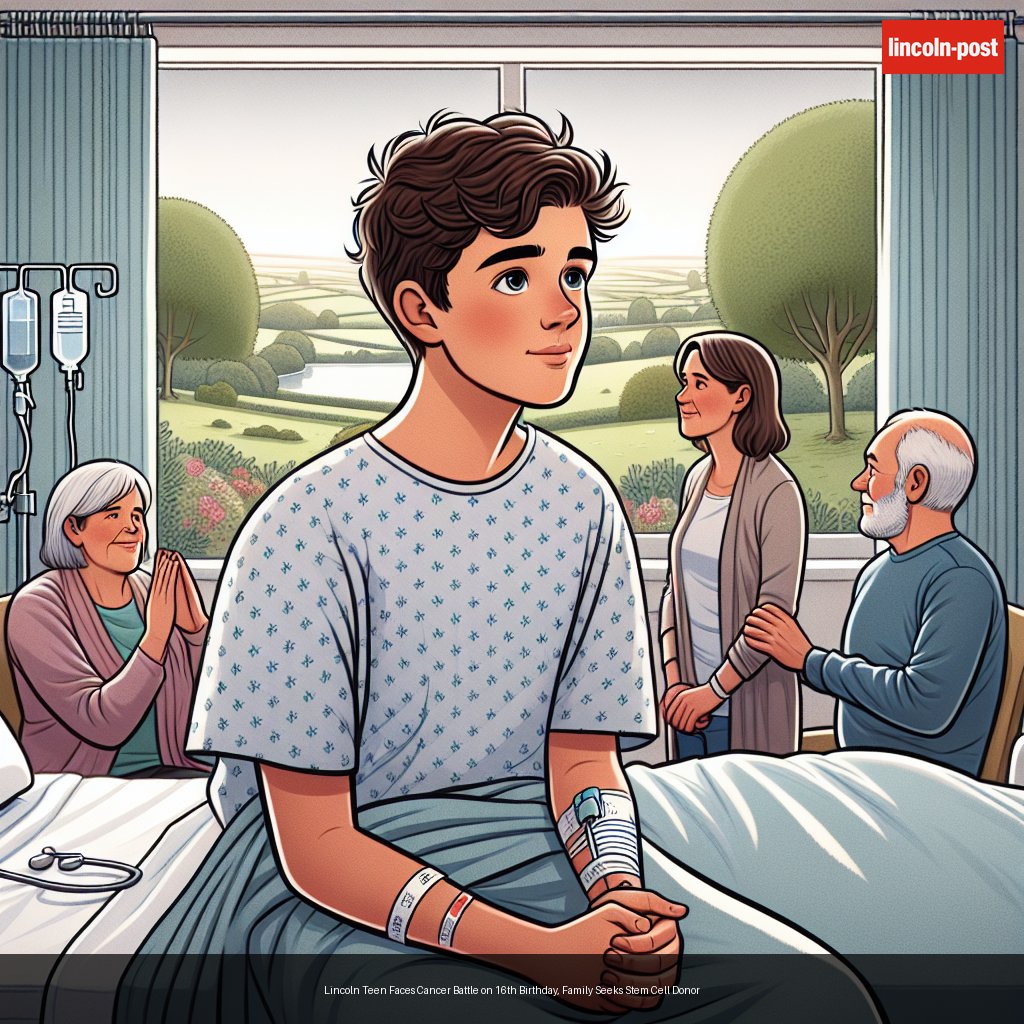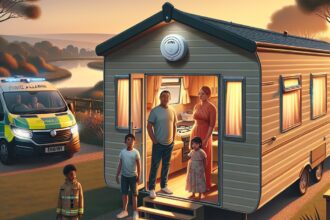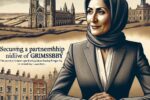The family of Reece Khan, a Lincoln teenager, is frantically searching for a stem cell donor. They received the news that Reece’s cancer had returned on his 16th birthday. A year and a half ago, Reece was notified he was cancer-free. However, he now confronts a gruelling path ahead with a survival chance of one-in-five as suggested by medical professionals. His family is working in collaboration with the charity Anthony Nolan to find an ideal donor.
Reece received a diagnosis of acute lymphoblastic leukaemia, a rare kind of cancer impacting his blood and bone marrow, at the age of 11. This was shortly before the first Covid lockdown in March 2020. His mother, Selina Niman, who works as a care assistant in Lincoln, conveyed her despair and devastation over the situation. Preventive measures related to Covid, which stopped visitors from seeing Reece, heightened her agony.
Alongside his cancer struggle, Reece is also managing Type 1 diabetes, increasing the complexity of his health challenges. He recently started experiencing severe headaches which led medical professionals to discover his cancer had not only relapsed but also infiltrated his brain. This forced the need for a more intensive treatment plan which includes stronger chemotherapy, radiotherapy, and a stem cell transplant.
Locating a matching stem cell donor is uniquely challenging for Reece due to his mixed-race background. Anthony Nolan explains that minority ethnic groups frequently display rarer tissue types, which increases the difficulty of finding suitable donors. Reece’s half-brother, Kyle, is a compatible donor to a certain extent. Nonetheless, the charity is exploring international registers to trace a full match to amplify Reece’s chances of a successful treatment.
Anthony Nolan’s head of programme and community recruitment, Rowena Bentley, accentuated the significance of awareness regarding stem cell donations. She called upon healthy individuals aged between 16 to 30 to register themselves as possible donors. She remarked that younger donors could extensively enhance patients’ survival odds.
The urgency of Reece’s predicament reinforces the essential need for an increased number of people to think about becoming stem cell donors. This not only offers a ray of hope but also a potential lifeline for individuals like Reece both within and beyond the Lincoln community.
This article was adapted from original reporting found on bbc.com by The Lincoln Post.









